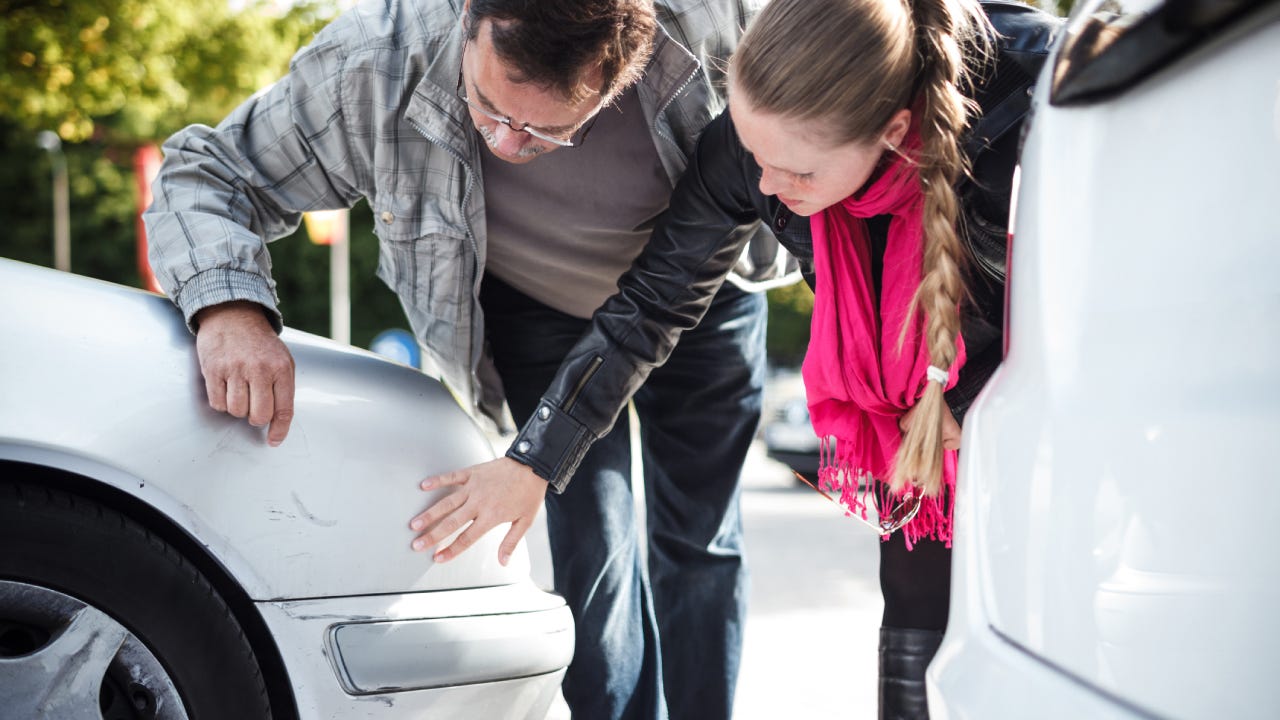
What are Apology Laws for Car Accidents?
The Achilles Heel of Courteous Canadians: Apologizing!
Oh no! You got into a car accident with another driver, and in the stressful nature of the moment, you found yourself apologizing to the other driver and suggesting you were the one to blame. Do your apology and comments you gave in a vulnerable moment hurt your potential legal claim?
Saying you’re sorry: does this hurt your MVA claim?
The answer: not necessarily. Even before changes in our provincial “statutes” – (statutes are documents that set out the controlling rules in a particular area of law in a province) – for most provinces, the courts would consider an apology as one factor among others when trying to determine whether a party was at fault in a civil lawsuit.
In other words, giving an apology wouldn’t be a slam dunk to find someone at fault in a civil lawsuit, but it could help the judge determine who was.
For example, in the case of McCluskey and McDougall v. Nixon, after the car accident, the parties got out of their cars and spoke to each other. The plaintiff claimed that the defendant apologized to her for causing the accident. However, the defendant explained that he had not apologized for causing the accident, but rather was just apologizing for having spoken to her rudely at first in the heat of the moment. The court considered both parties’ explanations for the “apology” and the evidence in support or against each story when deciding who was at fault for the accident.
Nowadays however, most provinces have controlled the definition of what an “apology” means in a civil lawsuit. In Alberta, rules about how to use evidence of an apology are controlled by section 26.1(1) of a statute called the Alberta Evidence Act.
In a nutshell, this section of the statute says that for civil lawsuits (which includes car accident claims), apologies given by someone involved cannot be used as evidence to determine their fault. In addition, giving an apology won’t cancel out your insurer’s duty to defend you if someone sues you after a car accident.
This section means that a court can’t consider what an apology given in the moment means toward finding someone responsible or not anymore, like it did in the case of McCluskey. This provides some legal protection to those of us who in good faith express an apology at the scene of an accident without realizing how it can affect a legal matter.
That said, keeping in mind our earlier blog on things you should do to protect your legal rights – it is best practice to just remain as calm, courteous and neutral as possible at the scene of an accident, and not say anything more than necessary to the other people there – particularly concerning your thoughts about who was responsible or how the accident occurred. Those decisions are best left to your insurance company and lawyer, should you choose to hire one.

